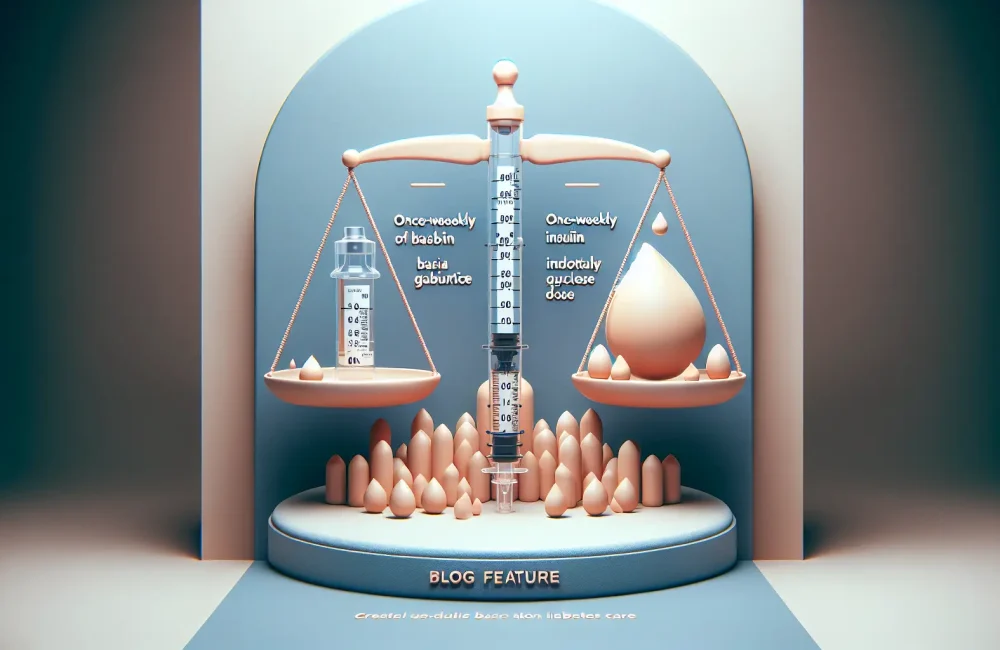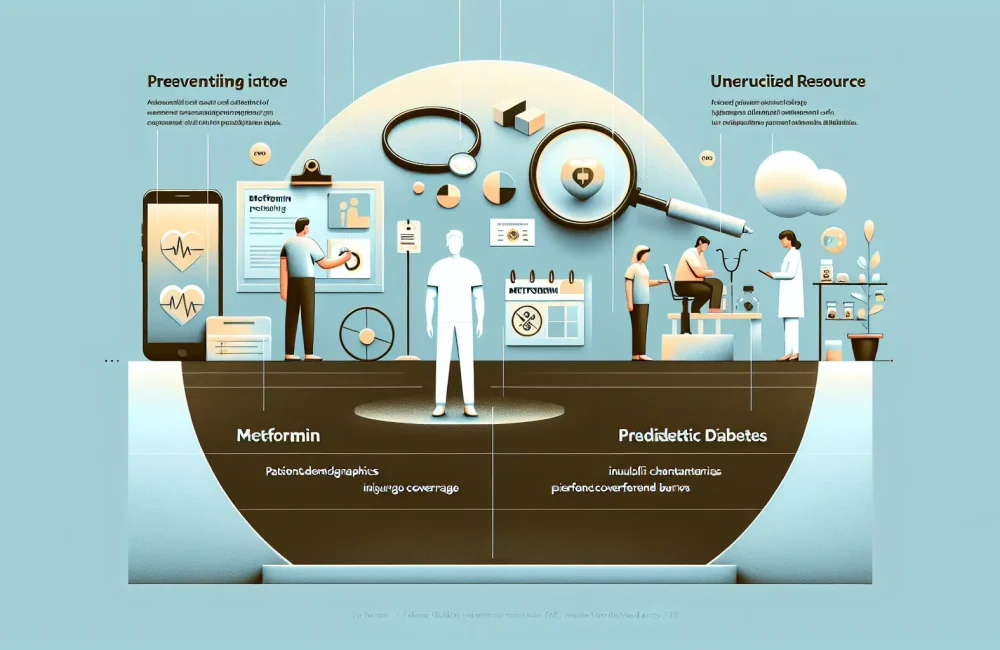By CAFMI AI From JAMA
Efficacy of Once-Weekly Basal Insulin in Type 2 Diabetes
The recent clinical trial evaluating once-weekly basal insulin against daily insulin regimens in type 2 diabetes patients offers promising insights for clinicians managing glycemic control. The study included participants with inadequately controlled type 2 diabetes despite oral medications and/or prior insulin use. The primary endpoint was the change in hemoglobin A1c (HbA1c) over the treatment period, a key marker of long-term glucose control. Results demonstrated that once-weekly basal insulin achieved non-inferior reductions in HbA1c compared to the daily basal insulin group. This indicates that less frequent dosing can maintain comparable glycemic control, a significant finding for clinical practice where treatment adherence remains a challenge. Secondary outcomes assessed included patient adherence, quality of life, and treatment satisfaction, critical factors influencing real-world effectiveness of diabetes therapies. The trial revealed a trend towards improved adherence and patient satisfaction with once-weekly injections, likely due to the convenience of fewer injections. This could translate into better long-term outcomes, as adherence is a known determinant of diabetes management success.
Safety Profile and Clinical Implications for Practice
Safety is paramount in insulin therapy, especially regarding hypoglycemia risk, which often limits insulin titration and patient acceptance. The trial reported similar rates of hypoglycemia and adverse events in both once-weekly and daily basal insulin groups, suggesting that the extended dosing interval does not increase safety risks. This finding is particularly relevant for primary care clinicians and endocrinologists seeking alternatives to daily insulin regimens that patients might find burdensome. From a clinical standpoint, the introduction of once-weekly basal insulin offers a new option that could reduce injection burden and improve adherence without compromising safety. This might also streamline treatment workflows in outpatient settings, allowing providers to better tailor regimens based on patient preferences and lifestyles. Counseling patients on the benefits and expectations of once-weekly insulin, as well as monitoring protocols, will be essential for successful implementation.
Broader Context and Future Perspectives in Diabetes Management
The availability of once-weekly basal insulin aligns with ongoing efforts to personalize and simplify diabetes treatment. Given the chronic nature of type 2 diabetes, strategies that reduce the complexity of medication regimens are highly valuable. Current guidelines emphasize individualized care, considering patient preferences and adherence barriers. Once-weekly basal insulin fits well into this paradigm by offering a clinically effective, safe, and more convenient regimen. However, clinicians should remain mindful of patient selection criteria, ongoing monitoring needs, and potential limitations such as cost and insurance coverage, which may affect accessibility. Moreover, patient education about injection technique and hypoglycemia recognition remains critical, as with any insulin therapy. Future research may explore combination regimens and longer-acting insulin formulations to further enhance diabetes care. In summary, this trial’s findings mark a significant advancement in expanding therapeutic options, potentially improving patient compliance, satisfaction, and overall outcomes in type 2 diabetes management.
Read The Original Publication Here






